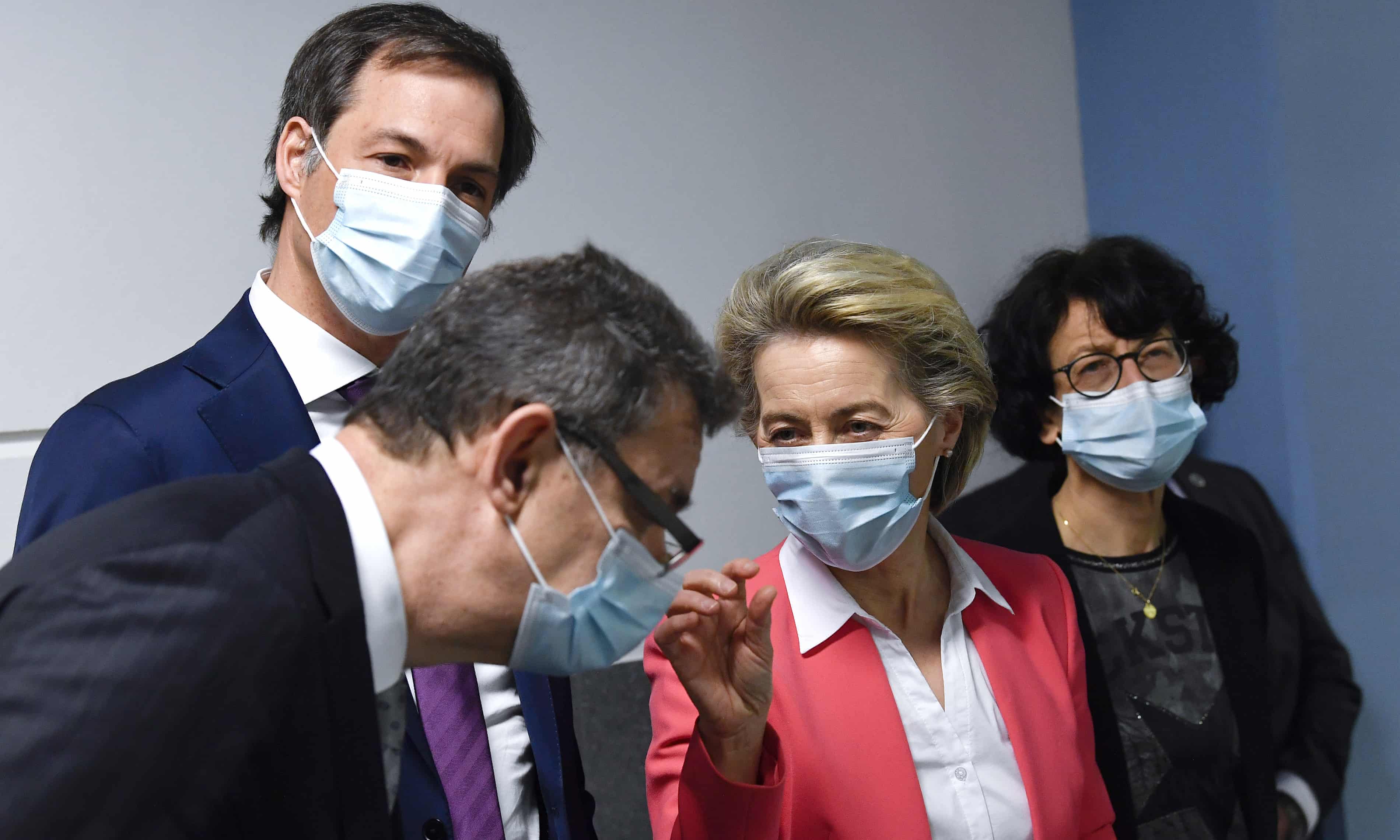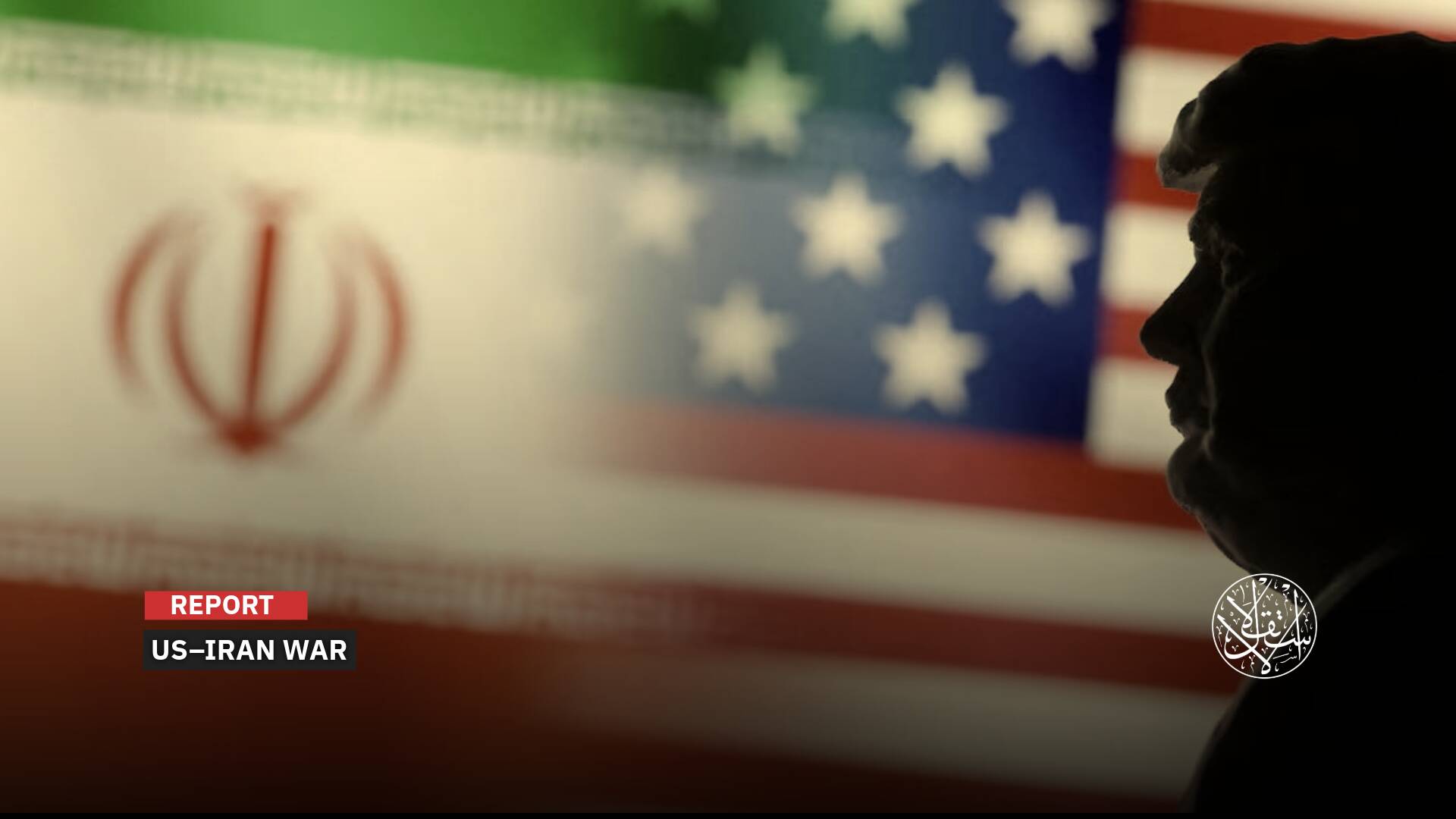How Secret ‘Pfizergate’ Texts Threatens Von Der Leyen’s Political Future

“In 2021, Pfizer signed billions of euros in vaccine contracts with the EU, including a deal for 1.8 billion doses.”
Since early 2021, the European Commission has concluded a series of contracts with six Western companies to supply more than 3 billion doses of coronavirus vaccines through 2024.
The largest contract was signed with Pfizer Company for up to 1.8 billion doses of the Pfizer/BioNTech coronavirus vaccine, with a total value of approximately €35 billion.
The contract included a firm order for 900 million doses and a further order for an additional 900 million doses in the future.
Currently, EU countries are forced to purchase additional quantities of the vaccine, which they no longer need.
European Commission President Ursula von der Leyen coordinated this contract directly with Pfizer CEO Albert Bourla via text message before the completion of clinical trials for the vaccine.
The European Commission later refused to publish this correspondence, claiming it had been accidentally lost, which was considered a legal setback for von der Leyen.
If the court rules against the European Commission, it will impact von der Leyen's political future and provide ammunition to a wide range of critics, especially since it comes just months into her second term and her public pledge to uphold standards of transparency, efficiency, and integrity.
In addition, von der Leyen faces criticism for her concentration of power and her retreat from environmental commitments, at a sensitive time coinciding with a surge in far-right rhetoric that threatens EU unity.
Transparency Rules
During the COVID-19 pandemic, the European Commission, on behalf of its 27 member states, concluded contracts worth billions of euros with Pfizer, which has become the largest supplier of vaccines in the EU.
After a prolonged dispute between the European Commission and The New York Times over transparency surrounding contracts for the Pfizer COVID-19 vaccine, the Luxembourg-based European Court of Justice ruled on May 14 that the Commission had failed to provide a reasonable explanation for its lack of the required documentation.
The New York Times praised the court's decision, while the European Commission announced that it had taken note of the ruling and committed to providing more detailed clarifications within two months.
It should be noted that New York Times journalist Matina Stevi had requested access to the correspondence between Commission President von der Leyen and Pfizer CEO Albert Bourla between January 1, 2021, and May 11, 2022, under European regulations.
The newspaper revealed the existence of the correspondence in 2021 during previous interviews with Bourla, but faced obstacles when requesting access to it, while the Commission claimed it could not provide the transcripts.
After repeated unsuccessful attempts to obtain the correspondence, the New York Times took the matter to the European Court of Justice in January 2023.
In its ruling, the court emphasized that text messages are considered official documents if they contain information relevant to public decision-making, regardless of the means of transmission. This refutes the Commission's main argument for rejecting the request.
The court described the Commission's position as contradictory and unconvincing, and emphasized that simply stating that the messages did not exist does not absolve the institution of its responsibility to provide an accurate and transparent explanation to the public and the judiciary.
According to the Financial Times, the price per dose von der Leyen agreed was 15 times higher than the cost of production, meaning that the EU overpaid for the vaccines by tens of billions of euros.
A separate case was filed against von der Leyen by a Belgian lobbyist specialising in EU-China relations in 2023.
However, it was deemed inadmissible by the Liege Public Prosecutor in January 2025 because he had no interest in bringing the action.

Pfizergate
The court's decision dealt a legal and political blow to the European Commission and increased criticism of the working style of its president, von der Leyen, who faces repeated accusations of adopting an opaque and unilateral approach to handling strategic issues within the European Union, from industrial policy to defense.
The case also brought to the forefront the debate about transparency within EU institutions and the complex relationship between the discretionary power of officials and democratic sovereignty.
The danger lies in the fact that these negotiations were not just about internal matters; they also concern the health of hundreds of millions of citizens and the way their public funds are spent.
The decision is also a stark reminder to European institutions of the need to respect the public's right to know. It raises vital questions: Who monitors decision-makers when sensitive issues are handled behind closed doors? What are the effective mechanisms to hold senior EU officials accountable when transparency is lacking?
At a time when Europe is heading toward a critical political phase, these issues remain a key focus for rebuilding European citizens' trust in its institutions.
MEPs across all party lines have welcomed the decision as a victory against the Commission's sometimes opaque information policy.
The European Public Prosecutor's Office described the case, known in the media as Pfizergate, as a wake-up call for EU institutions, noting that transparency had declined during von der Leyen's presidency.
Emily O'Reilly, who served as the European Ombudsman from 2013 to 2025, said that von der Leyen had created a culture of concealing information for political reasons and criticized her absence from court hearings.
Green Party MEP Tilly Metz (Luxembourg) questioned the parties behind von der Leyen's resistance to revealing details, saying, “If you want to gain people's trust, you have to put transparency first.”
The Left group's co-president, MEP Martin Schirdewan (Die Linke, Germany), considered this decision a humiliation for the European Commission.
“Ursula von der Leyen has caused lasting damage to democracy in the EU through her lack of transparency,” he added.
“The European Commission has a duty of transparency and cannot sweep aside requests for access to documents,” declared MEP Laurent Castillo (EPP, France) to Euractiv.
In turn, the far-right has commented on the case in a vengeful tone.
The Europe of Sovereign Nations (ESN) stated that this deliberate disregard for legal obligations and transparency cannot go unpunished.
MEP Christine Anderson (AfD, Germany), the party's coordinator in the SANT committee, described von der Leyen's personal misconduct as emblematic of a broader institutional failure within the Commission.

Accusations and Suspicions
Earlier, the French daily newspaper Liberation accused von der Leyen of favoritism after appointing a member of her party to the European Commission's SME envoy position, sparking protests from MEPs, transparency groups, and even senior officials within the Commission itself.
The newspaper reported that the European Commission President specifically created this position, with a salary of €20,000 a month, to appoint German Markus Pieper to it.
She noted that this was not the first time she had promoted her friends, particularly Germans, to senior positions within the Commission.
Florian Philippot, leader of the French far-right National Front (FN) party, commented on this matter, saying: “The EU is essentially a deeply corrupt system because it receives vast sums of money, enjoys enormous powers, and has no checks and balances, nor any legitimacy.”
It appears that von der Leyen's corruption did not arise from the moment she was in the EU, but rather extends well before that.
While serving as German Defense Minister in 2019, von der Leyen also faced a corruption scandal, due to large consulting contracts awarded without transparent bidding.

Over the past two years, the EU has been engaged in incidents that call into question democracy, the rule of law, and fundamental rights, which are fundamental principles of the EU's functioning.
In 2022, several current and former members of the European Parliament were accused of involvement in a corruption scandal related to financial influence.
Belgian police seized approximately €1.5 million in cash during dozens of searches of homes and offices and confiscated computers to prevent the loss of evidence.









